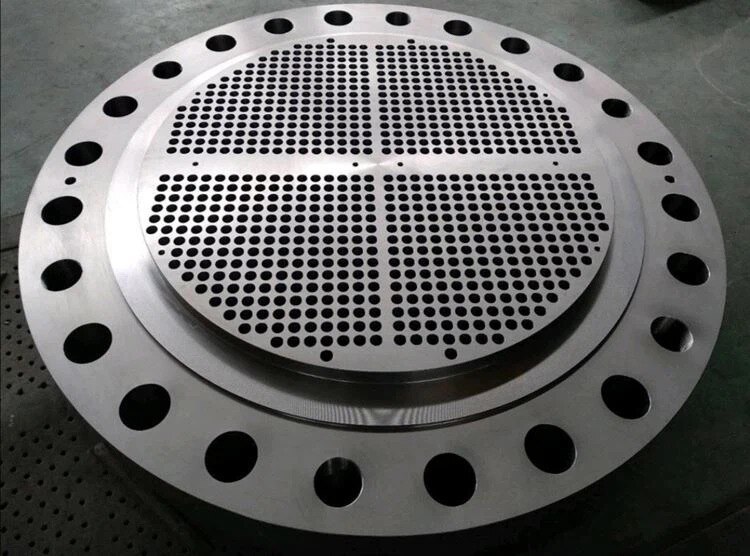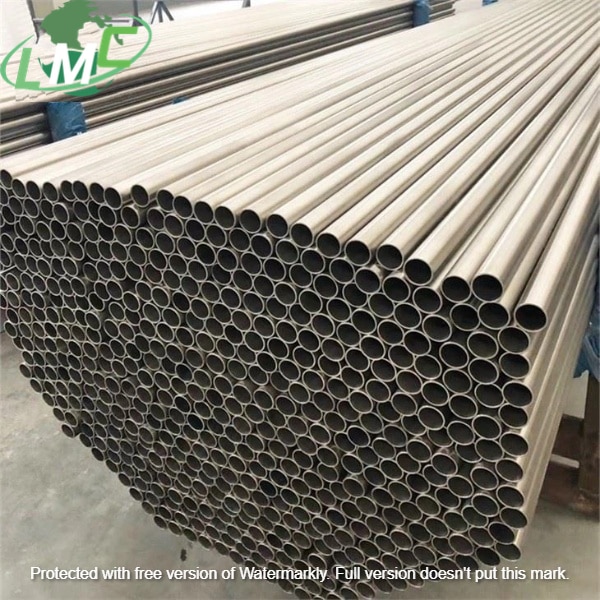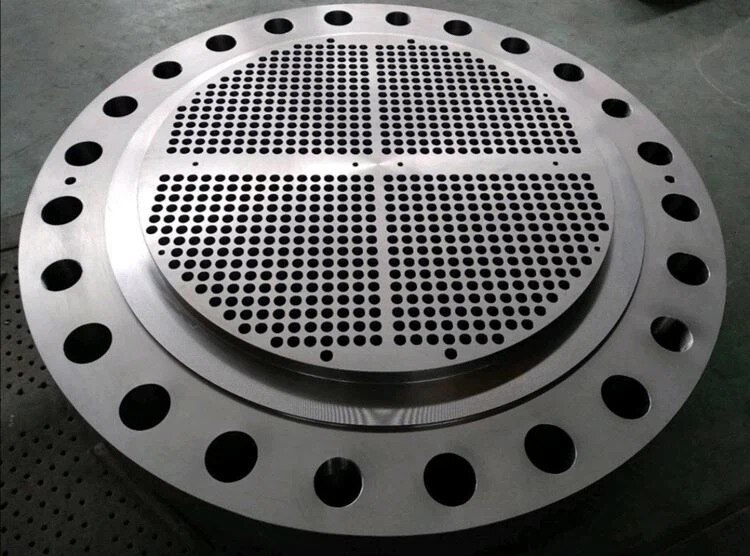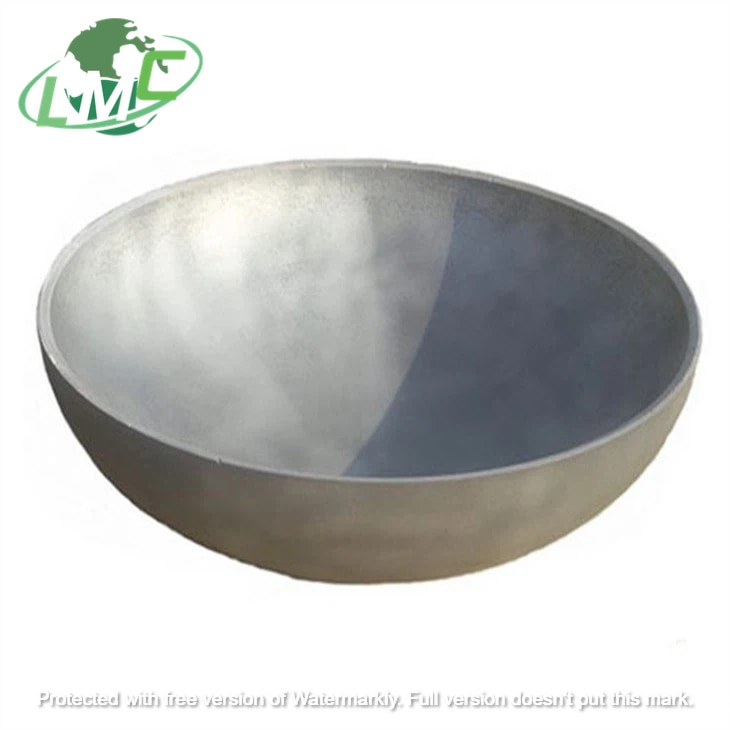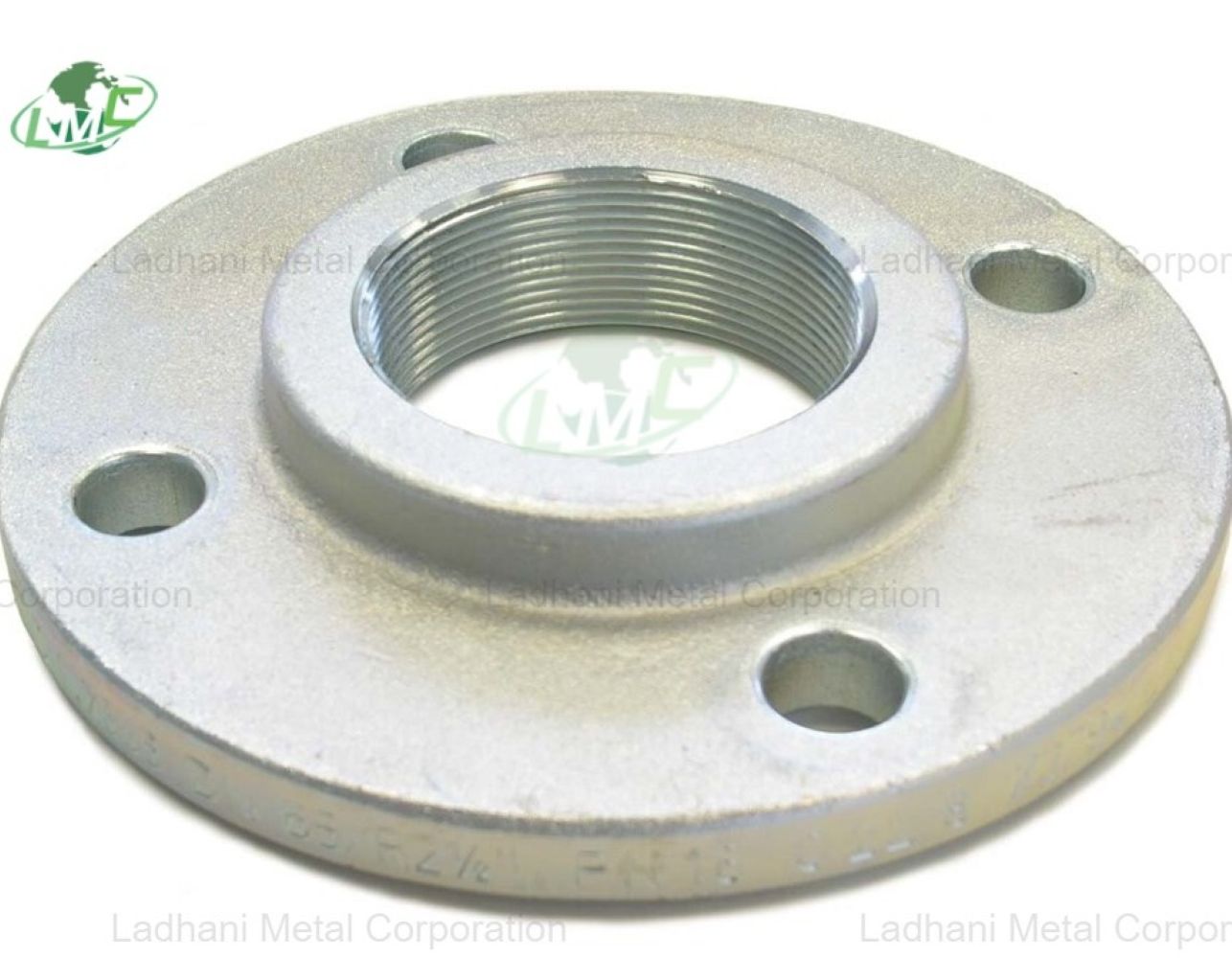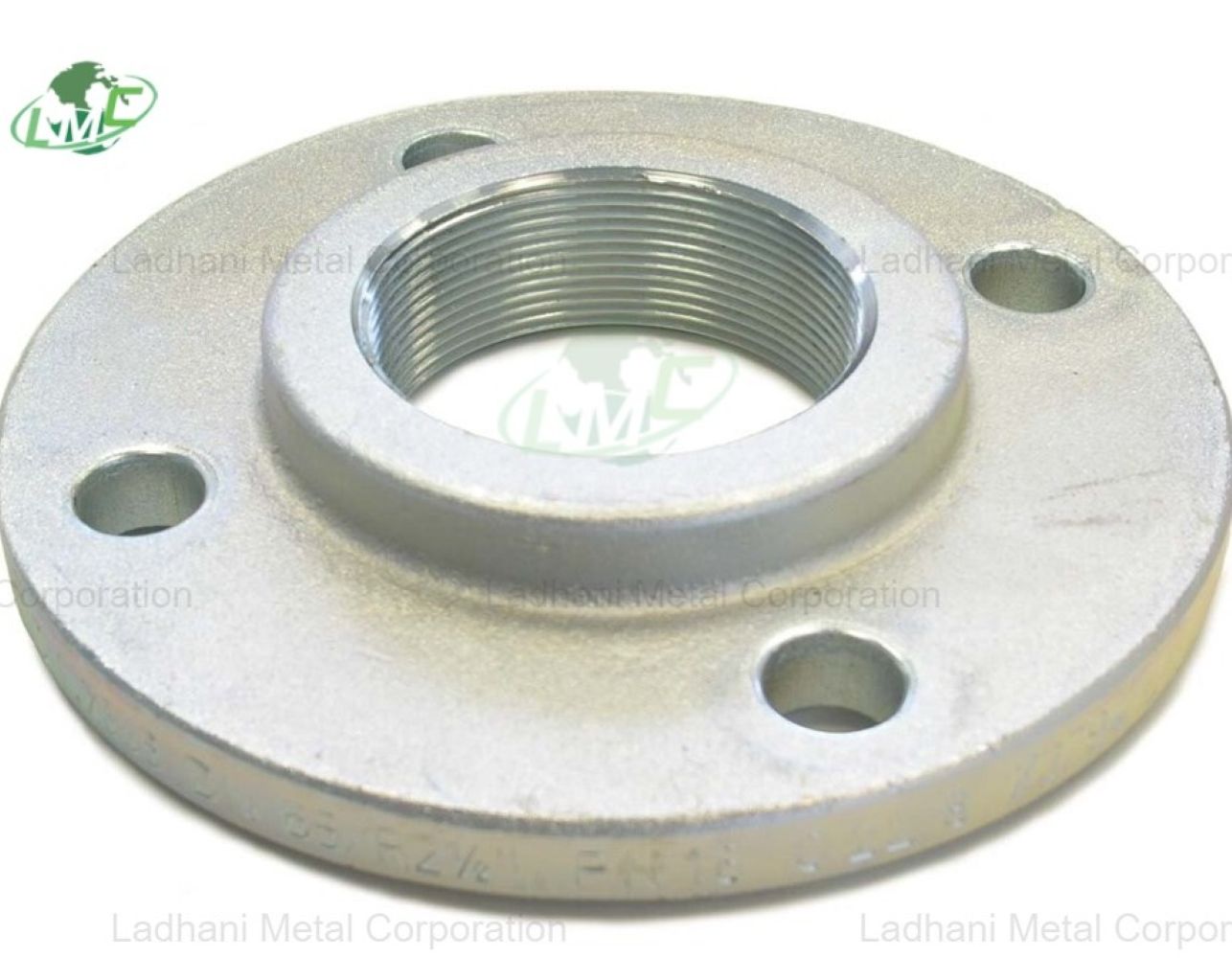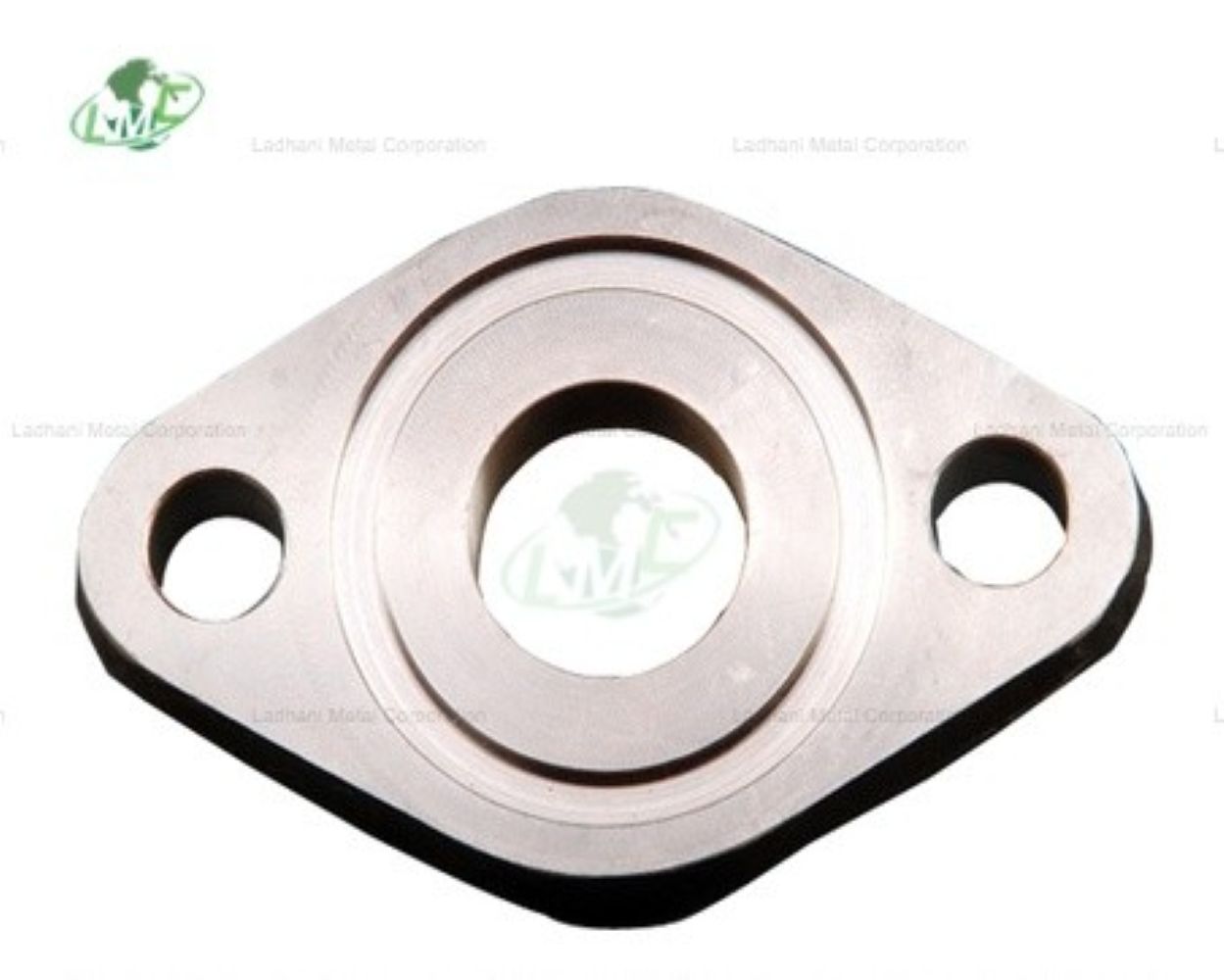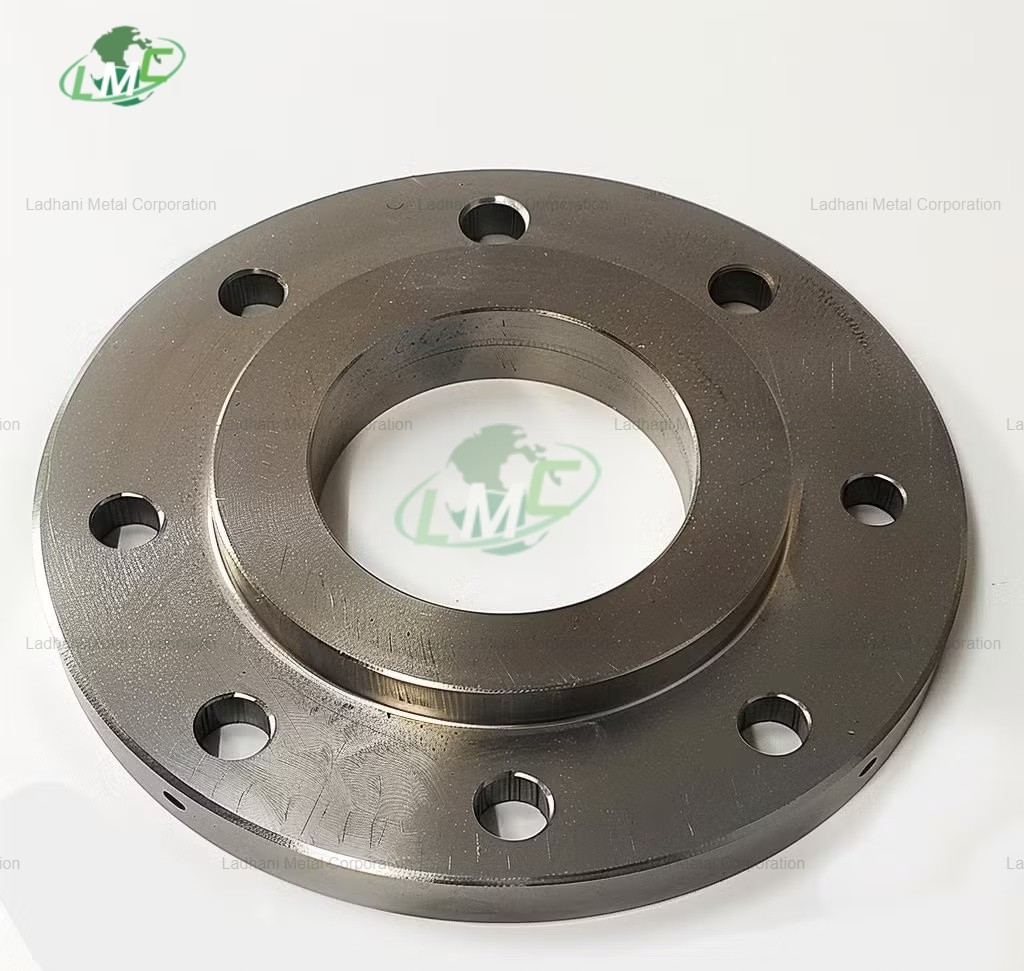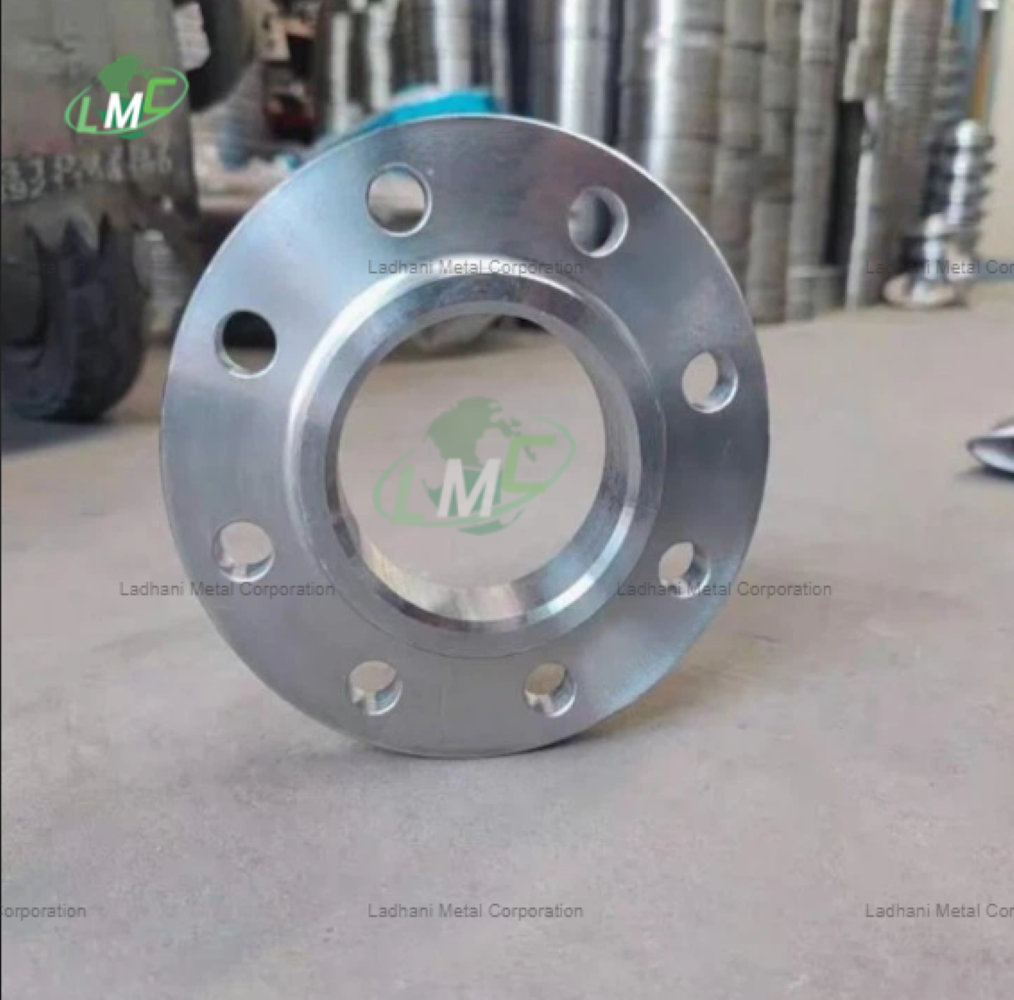Porduct name : Titanium Steel Composite Tube plate Material: Titanium +steel,Titanium+stainless steel etc. Size &Standard: As per client drawing Production Method: Forging,annealing and machining Advantage: Excellent corrosion resistance ability Packing: Plywood case Application: Heat Exchanger, chemical equipment, Pressure Vessel, filter devices, etc. Titanium steel composite tube plate Name Clad Metal Base Metal Specification Standard Application Titanium-Steel Cladding plate TA1, TA2, TA9, TA10 Q235, Q245R Q345R Coating metal thickness: 0.5~50mm Base material thickness: 0.5~500mm ASME, ASTM petrochemical, vacuum salt making, Chlor-alkali, food, fertilizer, hydrometallurgy, electroplate and etc. Main applications: Titanium clad steel plate tube sheet is mainly used in two aspects: heat exchanger tube sheet and processing container plate. The total thickness of the tube sheet is 75-100mm and the thickness of the coating is 12-15mm. The total thickness of the processing vessel plate is 19-25mm and the coating thickness is 2-3mm. Titanium-steel clad plate has a good application prospect in the manufacture of heat exchanger tube sheet, large diameter (1800 mm) seamless head and reactor. Titanium clad steel plate tube sheet is used more in the reactor and terephthalic acid plant equipment, as well as ethylene glycol, maleic acid and rust remover production equipment. Some reservoirs have operating temperatures up to 200℃, internal pressure of 9 MPa, equipment diameters of 700 mm, length of 1080 mm, and composite plate thickness of (2 + 15) mm.For petrochemical equipment operating at ordinary high pressures and temperatures, the lining must provide good heat conduction and must withstand heat cycles, pressure differences and other pressures. Therefore, loose lining or spot welding additional lining is not satisfactory, but the titanium-steel clad plate can meet the above requirements. Titanium clad steel plates tube sheets are used not only in pressure vessels, heat exchangers and tubesheets, but also in the following applications: A. containers for municipal sewage treatment, which contain larger chloride. B. chemical distillation tanks for high temperature applications. C. water storage containers and containers for nuclear waste disposal
Send Message
